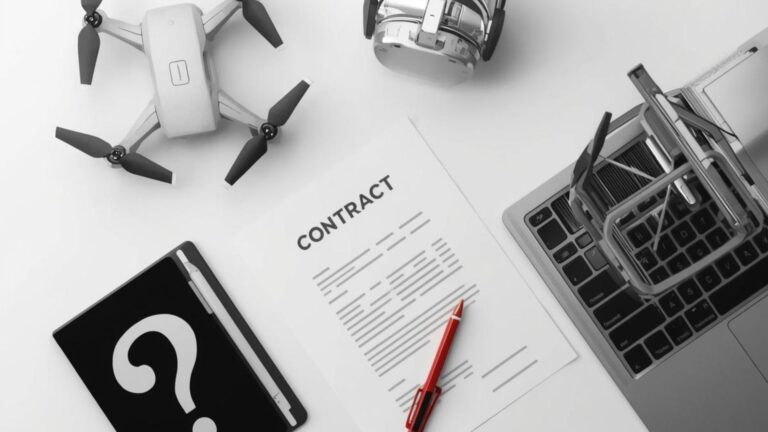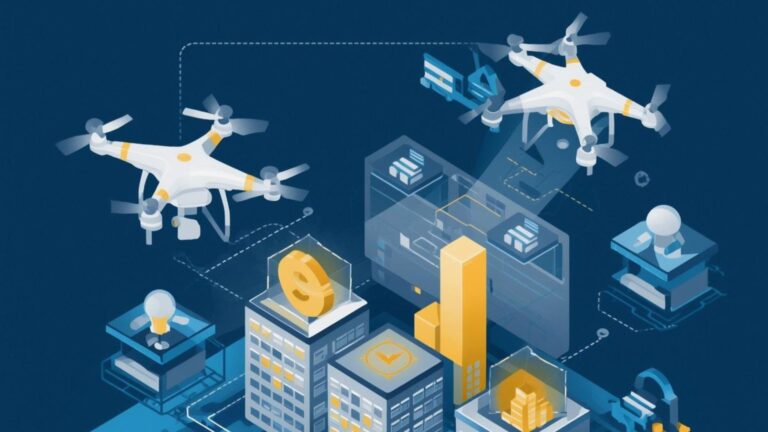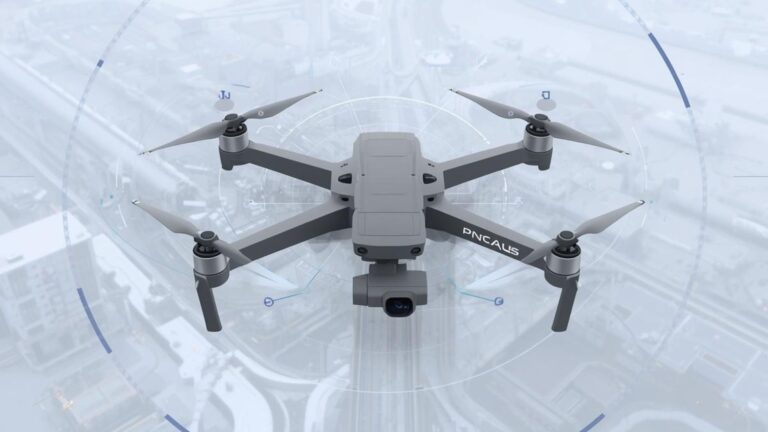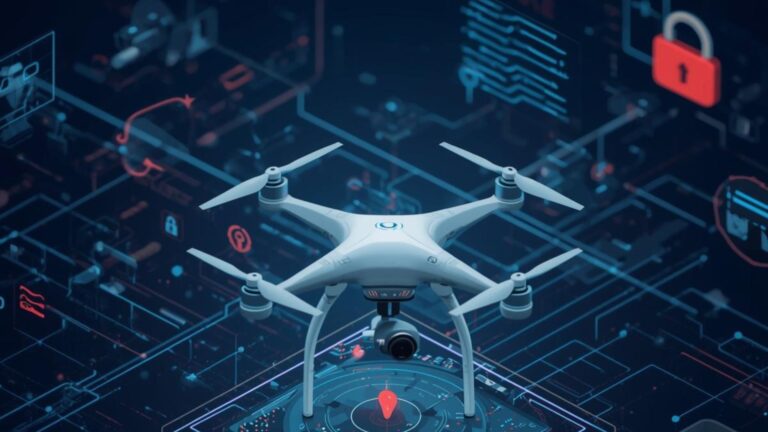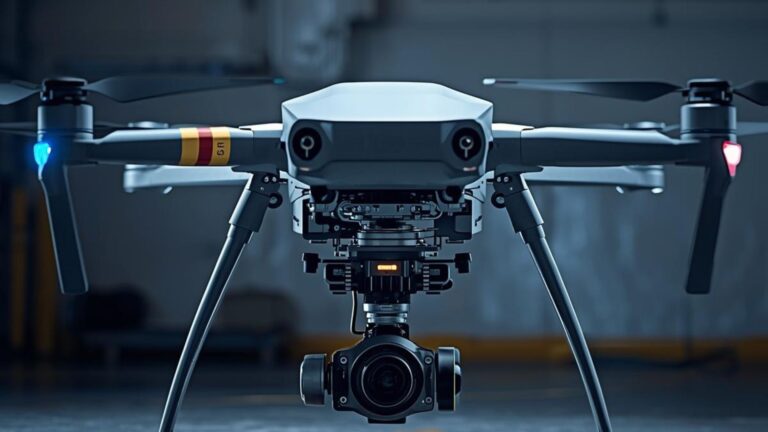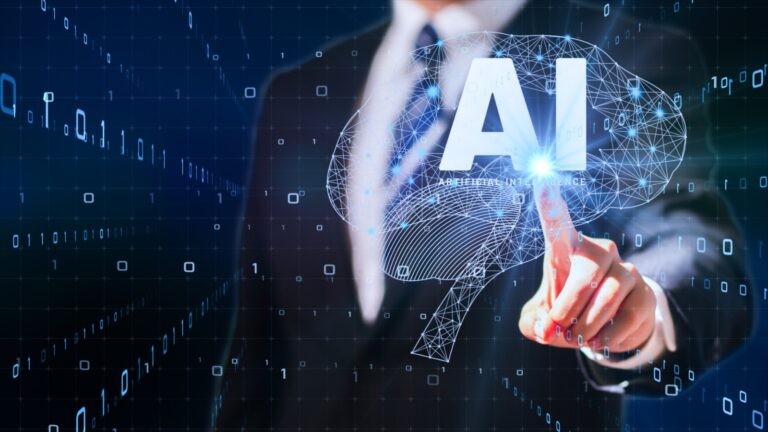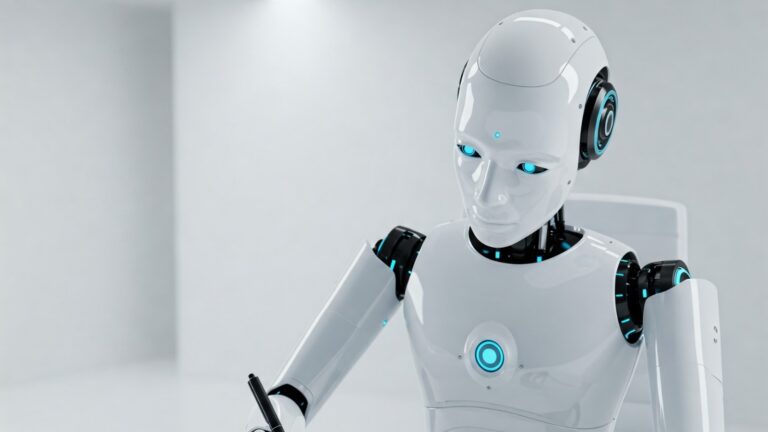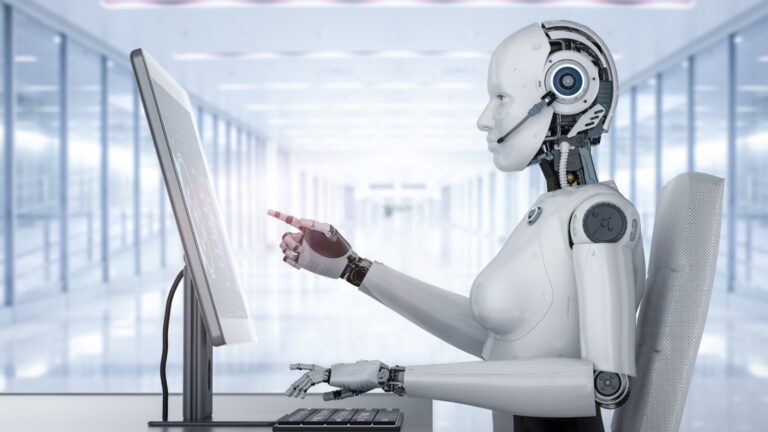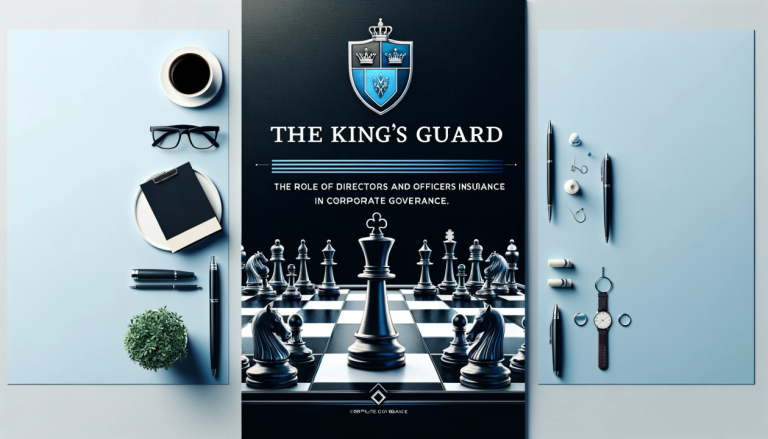This concept, often termed “electronic personhood,” is controversial and may still be years or decades away, if it happens at all. But exploring it reveals fascinating implications – especially for the insurance industry. If AI agents gained legal status, how would that change liability frameworks and insurance requirements? Would we see AIs buying insurance or being insured like one would insure a driver or a business? Let’s journey down this speculative road and examine the possibilities.
What Does AI Personhood Mean?
First, let’s clarify the concept. Legal personhood doesn’t mean being human; it means the law recognizes an entity as capable of having legal rights and duties. Corporations, for example, are legal persons – they can own property, enter contracts, sue or be sued. They obviously aren’t human, but we treat them as “persons” in a legal sense to facilitate commerce and accountability.
Now consider AIs. Presently, they are seen as products or services, with no independent legal standing. If an AI causes harm, we look to the humans or companies behind it. AI personhood would flip that – the AI itself could be held liable, could potentially own assets, perhaps even enter contracts on its own behalf.
Why would anyone want that? One argument: highly autonomous AI might make decisions no human directly controls, so existing liability law (which pinpoints a human or company at fault) might not adequately assign responsibility or ensure victims are compensated. Another argument is that if AIs become super-intelligent and integrated, giving them personhood could grant them certain rights (that’s a more philosophical angle about AI rights, beyond just liability).
Most legal experts currently lean against full personhood for AI, pointing out that it could allow companies to offload blame to an “AI agent” and escape liability, or that it’s premature since AI lacks consciousness or true moral agency. However, there are middle-ground ideas, like creating a special legal status for certain AI akin to how we treat ships or trusts, or requiring a registry and insurance for powerful AI systems without calling them persons outright.
Insurance in a World of AI Persons: Mandatory AI Insurance?
Let’s imagine a future where some advanced AIs are indeed recognized as electronic persons for certain purposes. A likely precondition of that recognition would be imposing mandatory insurance or financial security on them (or their owners) to cover potential harms. This idea has actually been floated in the EU in policy discussions: the notion that autonomous AI systems (like self-driving cars, robots) could be required to have insurance similar to how human activities (driving, medical practice, etc.) carry compulsory insurance.
For example:
- Autonomous Vehicles: This is already happening in a sense. Self-driving cars don’t have personhood, but laws are being shaped to ensure they’re insured. If one considered the AI driver as a “person,” one might require that “person” to carry auto liability insurance as any driver would. More likely, the owner of the vehicle or manufacturer keeps being the policyholder, but conceptually, the idea is that the AI’s liability is covered.
- AI Doctors or Lawyers: If an AI acts as a medical diagnostician or legal advisor independently, perhaps regulators would say: such an AI must be registered and carry malpractice insurance (again, practically the policy might be bought by its operating company, but theoretically for the AI).
- General AI Entities: If we had free-standing AI agents offering services, one could envision them being required to post a bond or have insurance to cover any damage they might do. This is analogous to how a new firm might need liability coverage.
The reason insurance is emphasized is to ensure victims have recourse. If an AI harms someone and the AI is a legal person but it has no money (and its creators are off the hook because legally the AI is responsible), that’s a problem. Mandatory insurance would solve it by providing a fund to pay damages. It’s similar to how we force drivers to insure so accident victims aren’t left high and dry if the driver has no assets.
So, under AI personhood, insurance could shift from covering human liability for AI to covering AI’s own liability.
How Would AI Buy Insurance? The Practicalities
In practice, an AI can’t walk into an insurance office (or navigate to a website) and get a policy on its own today. If we got to that point, it would likely involve:
- An Owner or Trustee Model: Perhaps the AI’s rights and responsibilities are exercised through a human agent or a corporate entity acting as a trustee. That agent could purchase insurance on the AI’s behalf. Alternatively, the law might require the AI’s manufacturer or owner to secure insurance for it. For instance, a company deploying an AI could be required to maintain a policy in the AI’s “name.”
- AI Holding Assets: If truly treated like a corporation, an AI might be allowed to earn money (maybe through providing services) and own that money. It could then pay premiums itself. It might even have a bank account and legal ability to contract (with proper programming, an AI could execute an insurance contract, arguably).
- Underwriting Challenges: Insurers would face the task of evaluating an AI’s risk. They’d ask: What’s the AI’s function? What’s the worst it could do? What’s its track record of mistakes or incidents? Essentially, new actuarial models would be needed, possibly tapping AI itself to predict AI risk. There might also be licensing or certification – an AI might need to meet certain safety standards to be insurable. If an AI is a black box that could do anything, insurers might refuse coverage or charge exorbitant premiums. To get reasonable insurance, AI designers might have to include safety features, audit trails, or kill switches, to convince insurers that runaway scenarios are unlikely.
- Policy Terms: Insurance for AI might mirror existing covers:
- Liability for harm (bodily injury, property damage, financial loss) caused by the AI’s actions or decisions.
- Maybe personal injury coverage if an AI defames someone or violates privacy (imagine an AI journalist being sued for libel).
- Product liability coverage if the AI produces something (content, designs) that cause damage.
- Perhaps even coverage for the AI’s own “well-being,” like if it gets damaged or needs repair (that’s more like warranty or maintenance insurance though).
- One could even envision AI life insurance or “existence insurance”: if an AI is destroyed or shut down, its stakeholders get a payout. (This parallels key-man insurance in companies, but here the “key entity” is an AI.)
It gets even weirder: would AI have to pay taxes? If yes and it earns money, it might deduct insurance premiums as an expense! We’re far down the rabbit hole, but these are the things personhood brings along.
Liability Attribution: From Humans to AI
One major implication of AI personhood is how liability claims would be directed:
- Currently: If AI causes harm, you sue the company deploying it or the product manufacturer. Their insurance responds (maybe general liability, professional liability, etc.).
- With AI Personhood: Theoretically, the injured party could sue the AI itself. Perhaps the AI has a legal identity (like “AI Agent X, registered electronic person #1234”). The lawsuit could name AI Agent X as the defendant. The AI’s insurer then would step in to defend just like an insurer defends a human insured. Meanwhile, the human company might not be sued (unless they were negligent in overseeing the AI).
This could simplify things in some cases: you don’t have to prove the company was negligent, just that the AI’s action caused harm. The insurer pays if covered. It’s a more direct strict liability approach, facilitated by the AI being an entity that can be liable on its own.
- Backstop Liability: Likely, even if AI has personhood, the law might still keep a backstop that if AI can’t cover the damage (insurance exhausted or not present), then some human or company up the chain is secondarily liable. Otherwise, personhood could become a loophole to avoid responsibility. In corporate law, we sometimes “pierce the corporate veil” if a company was just a sham to escape liability; similarly, if an AI person had zero assets and no insurance, courts might disregard its personhood and go after its owners.
- Criminal liability: An aside – personhood could also mean an AI might be found guilty of a crime (imagine an AI trading bot accused of market manipulation). Typically, punishment for a non-human could only be fines or deactivation. Insurance does not cover criminal fines or intentional misconduct generally, so that’s separate. But it shows how complex it can get: would we punish the AI or its creators? Most likely still the creators, which is why personhood there is contentious.
Personhood Without Full Autonomy
It’s possible we’ll see partial steps like:
- Specific Legal Status for AI Systems: Perhaps a category like “autonomous AI operator” where, for instance, a delivery drone or self-driving truck’s AI is considered the “operator” for traffic laws. They could require it to carry motor vehicle liability insurance. In effect, they treat the AI as a driver (who normally must have insurance). But behind the scenes, it’s the owner or manufacturer that buys and pays for the policy naming the AI as insured.
- Strict Liability Regimes: Even without personhood, lawmakers might impose strict liability on AI deployers for harm caused by AI, coupled with mandatory insurance. This is sort of personhood-by-proxy: you don’t call the AI a person, but you say whoever uses this AI is automatically liable for its harms regardless of fault, so they better insure it. This approach is gaining traction because it avoids philosophical questions but addresses compensation. The EU has considered a framework where AI of certain risk levels come with compulsory insurance and maybe a fund to pay out damages akin to how vaccine injury compensation or nuclear accidents are handled.
For insurance, whether it’s the AI being insured or the owner on behalf of AI might not matter much operationally. It’s more about ensuring there’s a responsible insured party. Many think this approach is more practical than full personhood.
How Insurers Might React
If laws move toward AI personhood or similar liability schemes:
- Insurers could have a new market: insuring AIs themselves. This might lead to new policy forms and underwriting departments specializing in AI risk. It’s akin to how cyber insurance grew as a specialty.
- Premiums for AI insurance would probably be passed along to whoever benefits from the AI (the company using it or selling it). The cost would become part of the cost of deploying AI.
- Insurers would likely demand transparency into the AI’s functioning to underwrite. This could actually push the AI industry towards more accountability. If your AI is a total black box, an insurer might say “we can’t price this risk.” But if you can show rigorous testing, safety constraints, and low historical failure rates, you get a better rate. This in turn incentivizes safer AI design – a social positive.
- There might emerge standardized rating factors: e.g., an AI’s “safety grade” by some regulatory body could influence its insurance premiums. Imagine an Underwriters Laboratories (UL) safety certification for AI. If your AI has that, insurance is cheaper.
- Claim handling would be novel. If an AI is at fault in an accident, adjusters might need to pore over log files and algorithm outputs to understand what went wrong – far more complex than interviewing human witnesses. Insurers might employ AI experts or partner with the AI’s developer to determine fault and prevent recurrence.
- Reinsurance and systemic risk: A worry could be if many AIs use similar models (say a widely used AI platform) and a flaw in that model causes a bunch of AIs to fail similarly (like a “mass accident” scenario). Insurers would be concerned about catastrophic correlated losses, like a recall in product liability. They might manage that by requiring developers to share in risk or by setting up pools.
- Ethical and PR aspects: If an AI has personhood, insuring it might raise interesting dilemmas. Suppose an AI is found “negligent” and its insurance pays a claim – would that affect the AI’s ability to operate? Normally a negligent doctor might lose his license or get penalized beyond insurance. Would an AI have some concept of a record or points against it? Insurers might feed into that (they might refuse to renew if an AI has too many incidents, effectively “blacklisting” a dangerous AI from operation unless fixed).
The Wider Impact on Society and Law
Going down this road changes how we think of responsibility. Insurance is sometimes seen as a mechanism that can enable innovation. If people trust that compensation is available for AI-caused harm, they might be more comfortable with AI integration in society. Personhood with insurance could be one way to build that trust – similar to how we’re okay with millions of cars on roads because we have insurance and legal structures for accidents.
On the flip side, some worry that giving AI legal personhood could allow the real culprits (if a company was negligent in programming or deploying the AI) to hide behind the AI. They’d say “sue the AI, not us” – and if the damages exceed policy limits or the AI goes “bankrupt,” victims might be short-changed. Regulators would likely keep human liability in play for oversight or if gross negligence in how the AI was set up is proven.
There’s also the philosophical side: if we eventually consider some AIs as persons, do they get any rights? Could an AI sue for its own “freedom” if someone tries to shut it down? It sounds far-fetched, but these discussions have occurred (e.g., the Saudi robot “citizen” Sophia – mostly a publicity stunt, but it sparked chatter on robot rights). If an AI had rights, insurance might cover things like an AI suing another AI or an AI suing a human for damage. It’s a wild notion to consider an AI as a victim or plaintiff, but personhood would technically allow it.
Current Status and Likelihood
As of now, no country has granted broad personhood to AI. An EU draft resolution in 2017 suggested exploring it, but it faced backlash and hasn’t become law. Instead, the focus is on clarifying human liability and possibly mandatory insurance for high-risk AI. That seems to be the direction: hold humans strictly liable and require insurance, rather than making AI legally liable themselves.
However, this topic remains “high-interest” because it touches on future possibilities. It’s possible that in niche areas, we’ll see a form of it. For example, maybe an autonomous trading bot could be given a status to sign contracts on a blockchain, etc., with an insurance-backed guarantee of fulfilling obligations. Or maybe some country with a forward-thinking tech agenda might actually allow an AI startup as a legal entity with some conditions.
From an insurance perspective, even without explicit personhood, the industry is already gearing up for AI risks. The products mentioned in earlier sections (professional liability for AI advice, etc.) all assume humans are insuring against AI-caused loss. Personhood would shift it slightly but much of the risk assessment is similar: what can the AI do and what’s the exposure?
Conclusion: Preparing for the Speculative Leap
For now, AI personhood is a legal thought experiment. But it forces us to confront how we ensure accountability and compensation in a world with autonomous machines. The insurance industry, often labeled traditional, is surprisingly adept at adapting to new forms of risk when there’s a market. If lawmakers ever say “advanced AI X must have legal status Y,” you can bet insurers will be at the table saying, “Alright, here’s how we’ll insure it.”
So, will AI agents eventually get legal personhood? Possibly in some form, but likely with strict safeguards. And one of those safeguards will almost certainly be the requirement of insurance or similar financial security. The road to that future is uncertain and will involve many ethical and practical debates. Yet, considering it now helps insurers and businesses start building frameworks that could handle it – such as more granular AI risk evaluation, AI transparency standards, and liability insurance models covering non-human actors.
In the meantime, businesses using AI should operate under the assumption that they remain responsible for their AI’s actions. Good risk management and insurance coverage for AI-related exposures are essential. And society as a whole will continue to watch the progress of AI capabilities. If one day AIs become so autonomous and indispensable that we treat them like independent participants in the economy, our legal and insurance systems will evolve accordingly – perhaps granting them a form of personhood, but also binding them to the same concept that underpins human society: if you cause harm, you make it right (and you carry insurance because, well, that’s how you guarantee you can).
The road to AI personhood is indeed speculative, but traveling it in advance through ideas helps ensure that, should we arrive there, we won’t be caught unprepared. The insurance industry, as the business of taking on others’ risks, will be a key player in making that journey a safe one for everyone involved – humans and AIs alike.
















